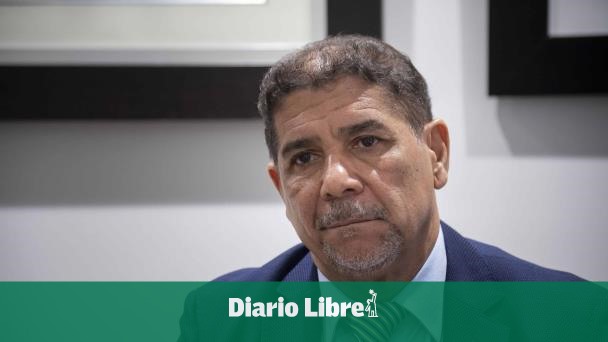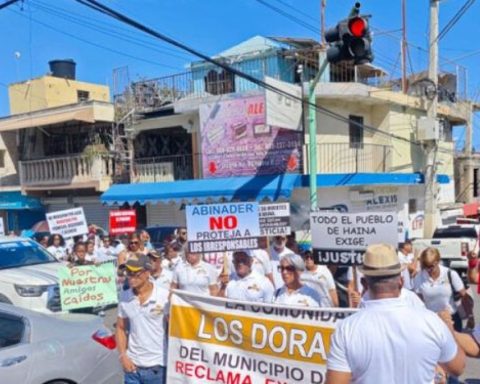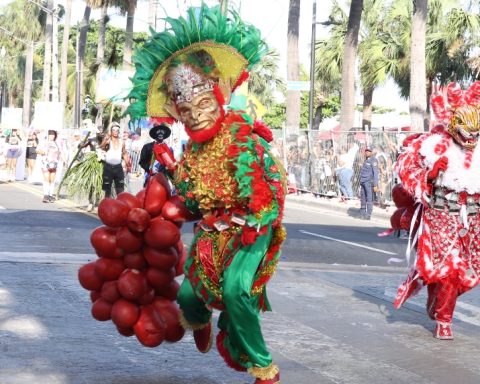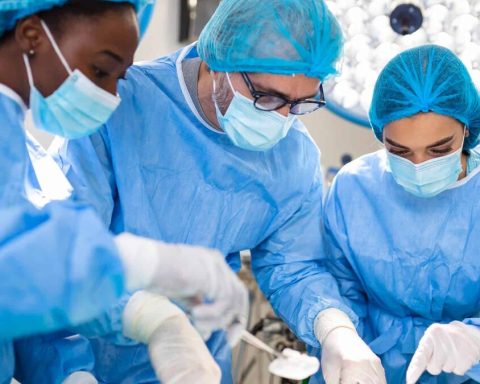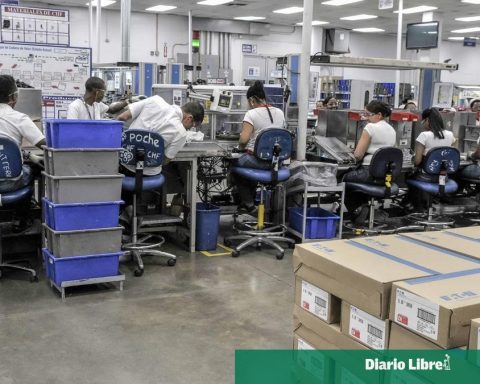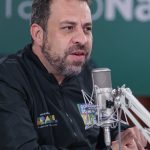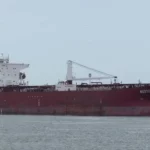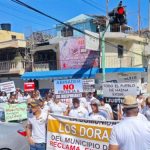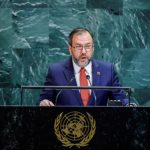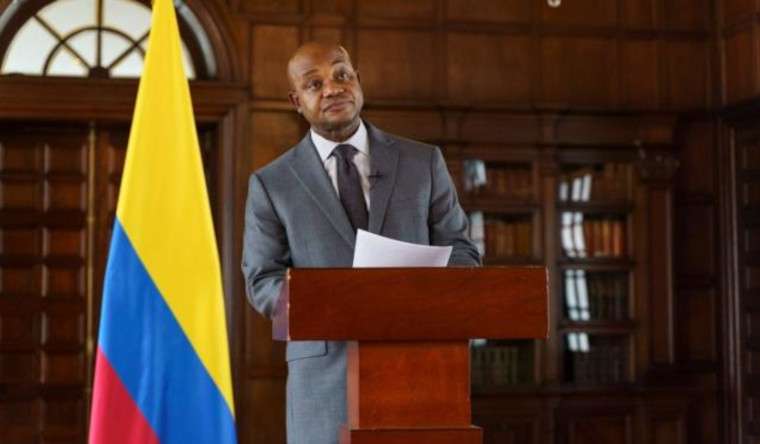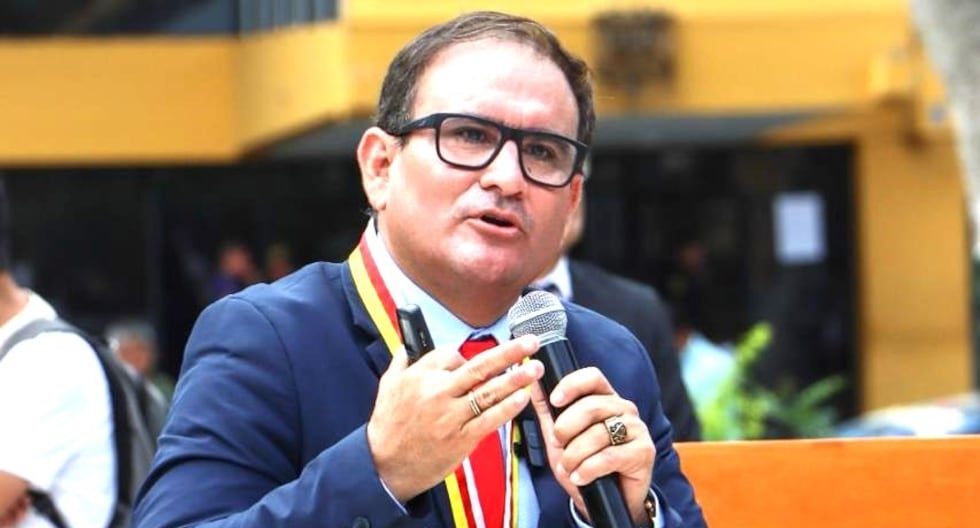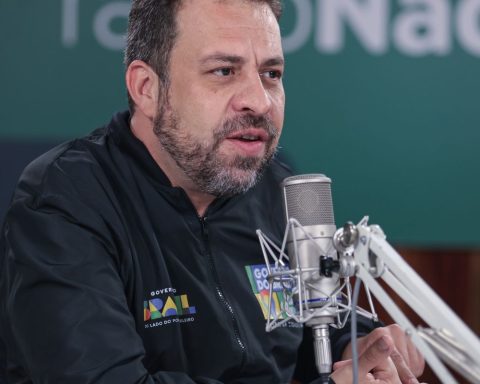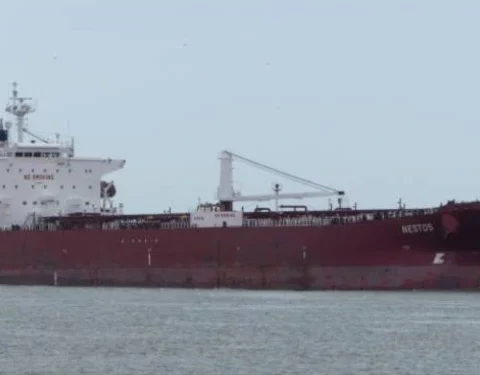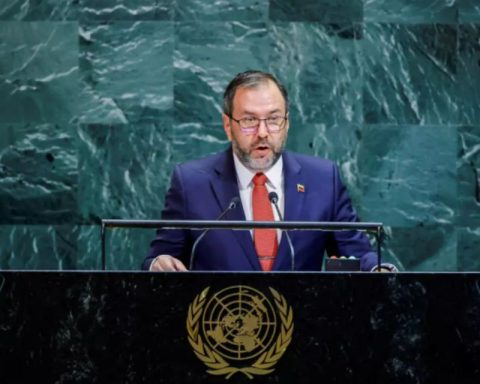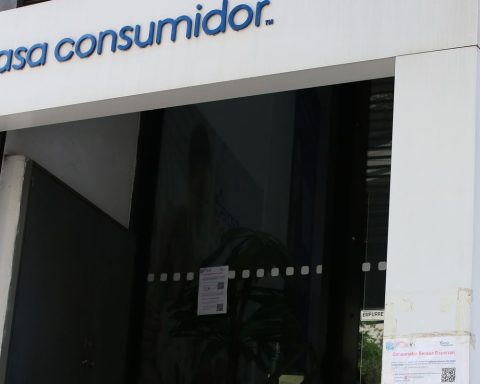From 2025 onwards, the export of products agricultural towards the Union Europe will be strengthened, with the entry into force of regulation 2023/1115 on free deforestation for products like coffee and cocoaand the requirement for independent certifications for farmers of products organic with more than five hectares, as required by regulation 2018/848.
For the Minister of Agriculture, Limber Cruzboth the farmers As operators have the responsibility to update their practices agricultural products to the new requirements of the purchasing countries. “It is the market that sets the rules (…), you cannot produce what the market does not want,” he emphasized. Free Newspaper.
When asked if there is concern on the part of the government that this affects the pace of exports agricultural products to the European conglomerate, Cruz indicated that the Ministry of Agriculture Has made investments to support both the sector banana and cocoa growers, two of the sectors that are most impacted by these regulations.
However, he acknowledged that the producers They will have to face additional costs to catch up, and that “there are ways” to get around them if they want to continue exportingsuch as the division of the large associations of producers organic into smaller guilds, to comply with the mandate of regulation 2018/848 that they have a maximum of 2,000 members to be certified as a group.
“The world is evolving towards caring for the traceability, safety and health of food. In that sense, it is not our decision, the decision is whether you want to continue belonging and increasing your exports towards the big markets,” he added.
He explained that the agriculture global is embracing the trend of getting increasingly healthy foods without affecting the environmenta slogan in which Europe “calls the shots”, which has led it to increase measures that it considers favorable for countries, such as the Dominican Republic, to raise their local standards.
To all this, the official indicated that the Union European would grant “a price “extra” to farms that are demonstrating that they have a production in accordance with their regulationssomething that he assured is agreed upon in other agreements.
The investments
The minister indicated that resources have been allocated from the institution he manages, so that the producers offset the impact of these regulations.
He cited that the sector The banana producer has received around 300 million pesos –part in agricultural supplies and the other in cash– “so that they can leave adapting“, while investing in renewing the plantations banana plantations and encourage greater productivity of the fruit.
“We have a four-year plan for renewal of the entire banana zone“, he assured.
As regards the cocoarecalled the launch of the pilot project Cocoa Tracewhich seeks to be the first to guarantee practices of zero deforestation in the country, and which involves 700 producers from Monte Plata, who would benefit from technical advice and trainings.
He government has also invested in the tobaccothe third agricultural sector that the country exports the most to the Union European, with the purchase of seeds and seedlings of tobacco certified, as well as the expansion of curing houses and the preparation of land for planting.
Last week, the agricultural director of the National Tobacco Institute (Intabaco), Isidro Tavárez, detailed to Free Newspaper that the country has taken significant steps in reduce chemical waste present in cigars, as part of the measures to increase the quality of the product facing the European market.
Furthermore, the minister of Agriculture recalled that the institution executes the Record National Agricultural Producers and Production Units Referenced (Renagro), a platform that seeks to collect all the information related to the agricultural production units production that there is in the country: from whom are their producerswhat crops they grow, their georeferencing and what type of technology is used on each farm.
Modernize the production
The adoption of these new rules would represent an opportunity for the producers have more modern and sustainable farms, according to the executive director of the Dominican Agrobusiness Board (JAD), Osmar Benítez, who agrees with Cruz that the requirements must be met regulations because “the market is the one that sets the rules“.
In the framework of the launch of Cacao Trace, held at the JAD headquarters three weeks ago, Benítez asserted that the farmers They should not worry about the changes they propose regulations such as 2023/1115, which seeks to stop the practice of deforest forests for planting crops such as cocoa And coffee.
“Most of our Projects (of cocoa) are over 20 years old, which is one of the great weaknesses that we have, that we have plantations over 50 years old that need to be renewed,” he said.
He stressed that, traditionally, the crop is planted in shaded areas, which represents an advantage for the producerswhich can demonstrate with satellite images that the cocoa Dominican has not been deforested in the last four years, which is the time period taken into account in the regulation.
The executive director of the Dominican Coffee Institute (Indocafé), Leonidas Batista, informed Free Newspaper that the European Union provided training and advice to coffee producers so that they can geographically reference their farms, in compliance with regulation 2023/1115.
He said that around 11,000 coffee farms have been located by satellite, 36% of the total. “Rest assured that there will be no problems (…); we received training and guidance so that the country does not have any problems when exporting,” said Batista.
